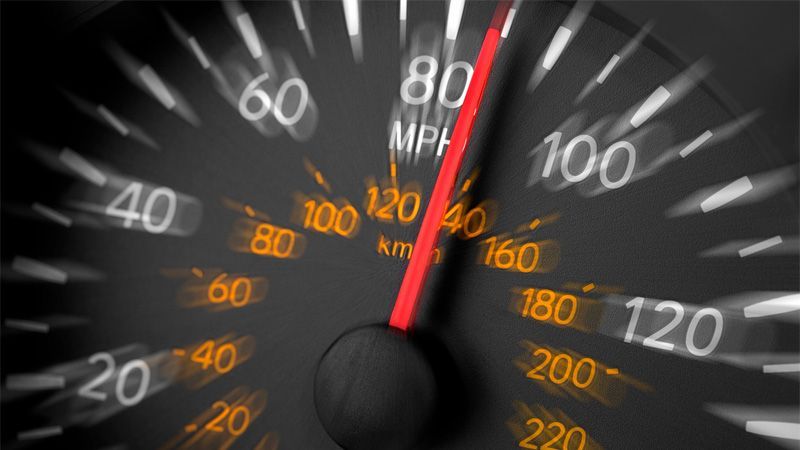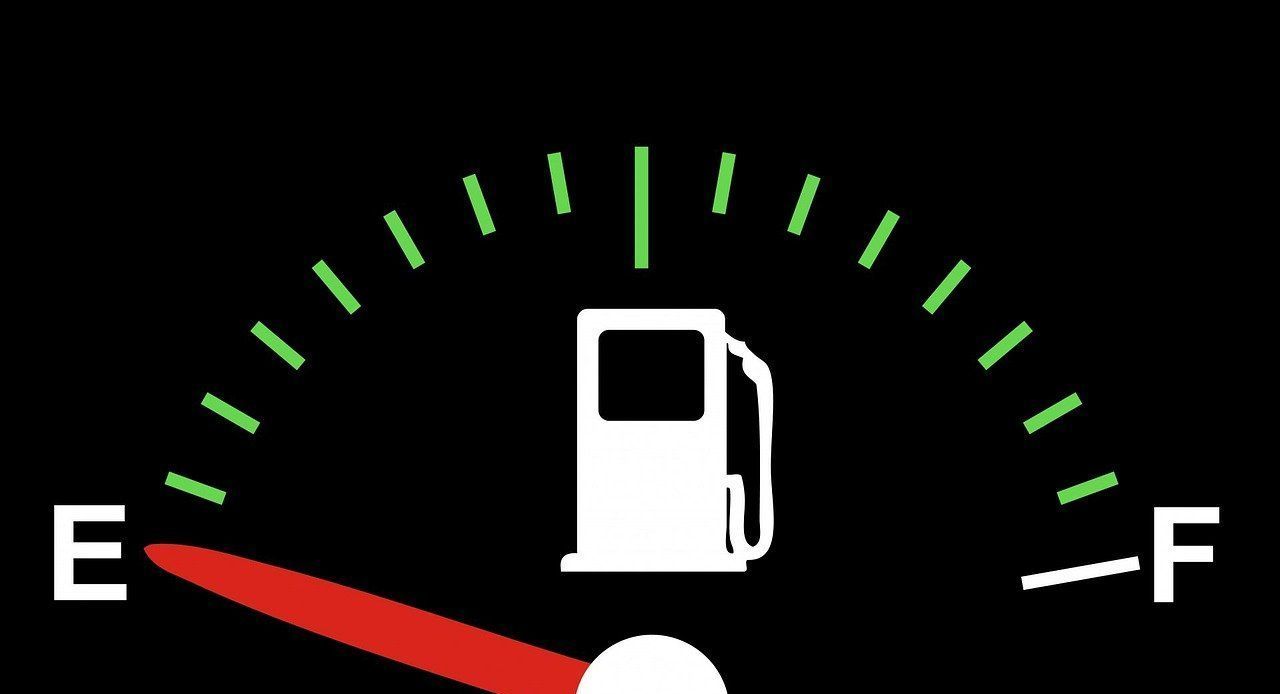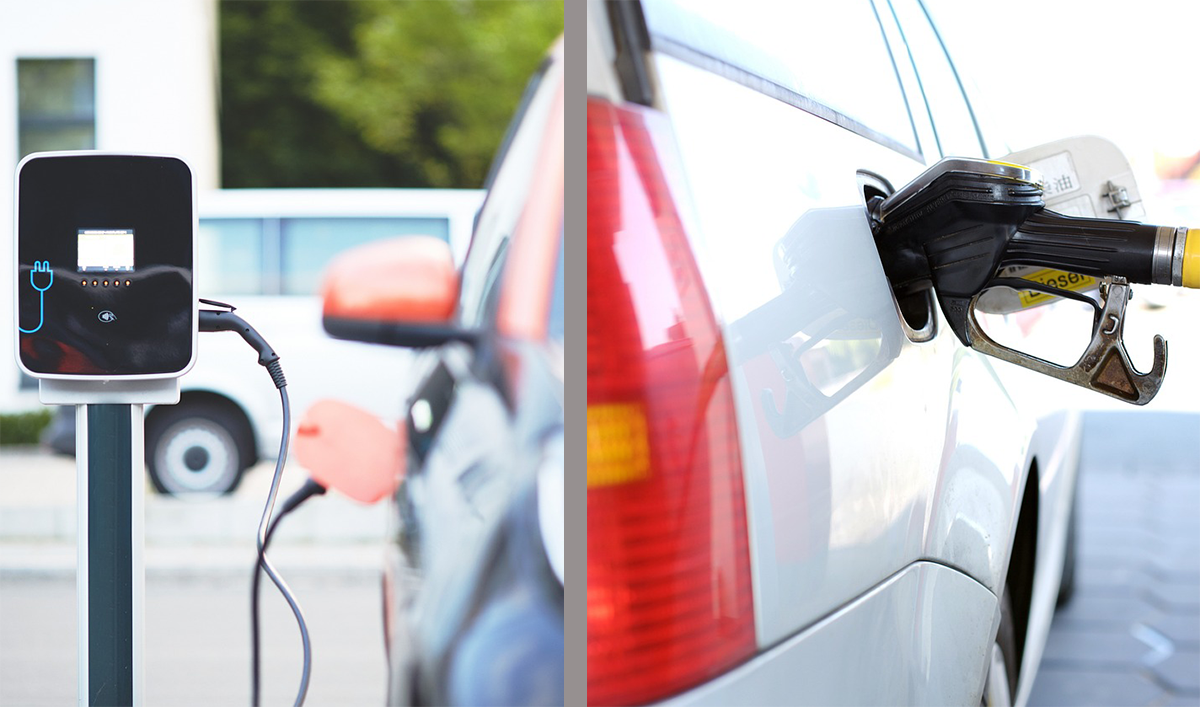1. Don’t speed
It might sound boring and overly simple but driving the speed limits and driving smoothly will play a significant role in your fuel economy. For example, if the speed limit is 55 mph and you cruise at 75 mph it is like moving from a compact car to a large SUV and can affect you by almost 7mpg! An additional bonus - you know you won’t be getting a speeding ticket!
2. Use cruise control
This goes hand in hand with controlling your speeding. It may not be possible to use cruise control in your daily driving routine but you should avoid hard acceleration and braking whenever possible. This will not only save you on your gas mileage but will also extend the life of your engine, transmission, brakes, and tires - saving you more money for those holiday events!
3. Use fuel additives
There are many fuel additive products out there and you may not need an octane booster but certain fuel-additives will help improve your gas mileage. The best way to see which would work best for your vehicle is to test it out at the next fill-up; gauge your gas mileage on that tank of gas vs. without the fuel additives and adjust from there.













